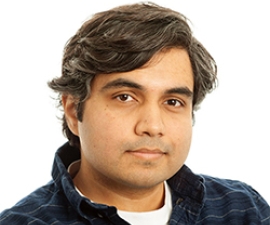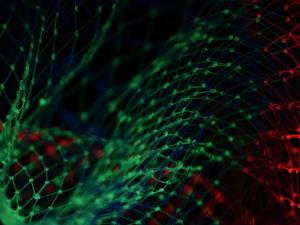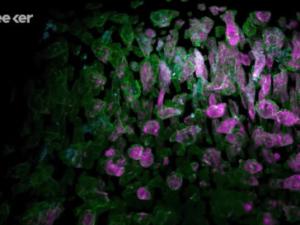

Research Expertise and Interest
bioimaging, microscopy, multimodel imaging system, artificial intelligence
Research Description
Srigokul Upadhyayula's research interests bridge applied engineering with basic science. He is interested in mechanistic questions addressed at a molecular level using optical imaging acquired with high temporal and spatial resolution.
His research group is setting up the Advanced BioImaging Center (ABC), a global initiative where we will house cutting-edge pre-commercial imaging technologies, such as the next-generation Adaptive Optical Multi-functional Lattice Light-Sheet Microscope. The ABC will enable imaging across scales spanning several orders of magnitude in space and time in specimens up to several millimeters in extent, or over sessions lasting up to multiple days. These instruments consequently output explosive quantities of immensely complex data and the greatest challenge researchers face is the ability to visualize, analyze and understand the data in order to extract biologically meaningful insights. The prime goal of the ABC is therefore to not only provide cutting-edge microscopy, but also the dedicated human and hardware resources capable of handling tera- to petabyte scale projects and developing robust, open source computational workflows that allow biologists to easily mine the data. The ABC is interested in leveraging the powerful combination of artificial intelligence tools with the cutting-edge multimodal imaging systems to accelerate the pace of discoveries in both fundamental and translational sciences.

